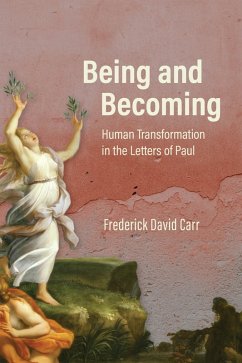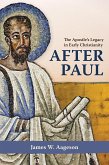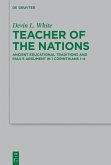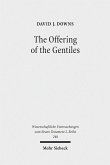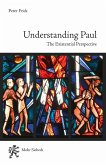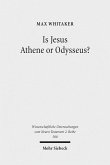In Being and Becoming, Frederick David Carr offers a fresh examination of the theme of human transformation and identity in Paul's letters. Carr structures his investigation beneath two acute questions about Paul's writings: What does Paul mean when he speaks of people being transformed? What do such transformations tell us about Paul's understanding of the self? Carr's study yields new insights into the apostle's anthropology, shedding light on the interpretation of the Pauline canon.
Carr approaches the topic of "new creation" in Paul's letters analytically, comparatively, and synthetically. Analytically, he gives special attention to specific references to human transformation found in the Pauline epistles. Comparatively, he places Paul's transformation references into conversation with a range of other ancient writings, and in doing so highlights the distinctiveness of the apostle's approach to anthropological questions. Synthetically, he considers how these varied references relate to one another and what they entail for how we understand the apostle's thought. From these categories, Carr develops a phenomenology of human transformation in Paul and analyzes the "models" of selfhood at work in his language of human change.
Carr argues that Paul portrays human selfhood as, in part, constituted by transformation. Unlike some writers in antiquity, Paul does not describe change as a threat to the self--it is a fundamental element of subjectivity. Foundational changes in this life produce new moral selfhood in Christ's body, and eschatological transformation will effect wholesale change. In the present, the believer's existence is determined by a state of becoming in Christ. For Christ-followers, therefore, transformation is not merely something that happens to the self, or just an aspect of who a believer is, but rather a defining feature of selfhood.
Carr approaches the topic of "new creation" in Paul's letters analytically, comparatively, and synthetically. Analytically, he gives special attention to specific references to human transformation found in the Pauline epistles. Comparatively, he places Paul's transformation references into conversation with a range of other ancient writings, and in doing so highlights the distinctiveness of the apostle's approach to anthropological questions. Synthetically, he considers how these varied references relate to one another and what they entail for how we understand the apostle's thought. From these categories, Carr develops a phenomenology of human transformation in Paul and analyzes the "models" of selfhood at work in his language of human change.
Carr argues that Paul portrays human selfhood as, in part, constituted by transformation. Unlike some writers in antiquity, Paul does not describe change as a threat to the self--it is a fundamental element of subjectivity. Foundational changes in this life produce new moral selfhood in Christ's body, and eschatological transformation will effect wholesale change. In the present, the believer's existence is determined by a state of becoming in Christ. For Christ-followers, therefore, transformation is not merely something that happens to the self, or just an aspect of who a believer is, but rather a defining feature of selfhood.
Dieser Download kann aus rechtlichen Gründen nur mit Rechnungsadresse in A, D ausgeliefert werden.

